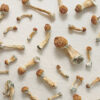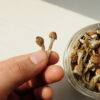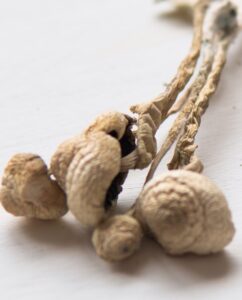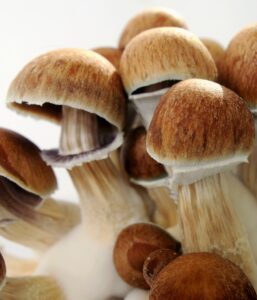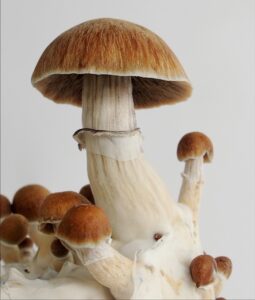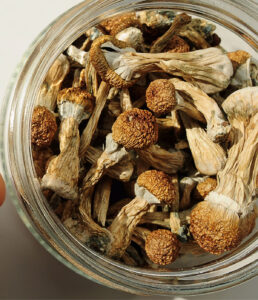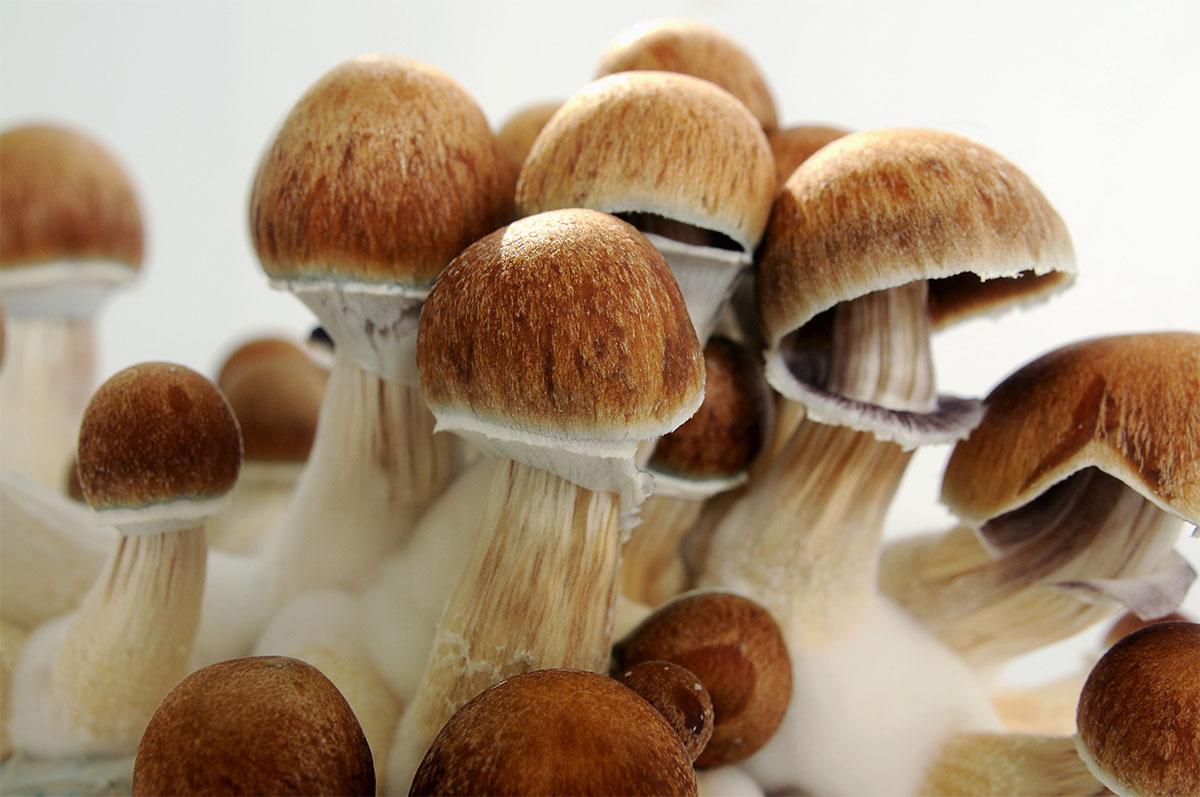
Summary of news article written by Olivia Goldhill and published in the STAT on August 24, 2022.
This randomized clinical trial explores the efficacy of psilocybin-assisted psychotherapy in comparison to a placebo in the treatment of adult patients with alcohol use disorder (AUD). The study investigates the percentage of heavy drinking days (PHDD) following the therapy and its potential as a novel treatment option for individuals with AUD.
Background:
Alcohol use disorder is a significant public health concern, with a high prevalence and substantial negative social, economic, and health consequences. Current pharmacological and behavioral treatments for AUD have limited success and high relapse rates, highlighting the need for alternative and more effective treatment options. Previous research has demonstrated that the use of psychedelic substances, such as psilocybin, in conjunction with psychotherapy, could show promise in treating various mental health conditions, including addiction. This study aims to assess the potential benefits of psilocybin-assisted psychotherapy in the treatment of AUD.
Methods:
The study utilized a randomized, double-blind, placebo-controlled design. A total of 96 participants with a diagnosis of AUD were recruited and randomly assigned to either the psilocybin-assisted psychotherapy group (n=48) or the placebo group (n=48). Both groups received a manualized cognitive-behavioral therapy (CBT) intervention during the trial period.
In the psilocybin group, participants received a single dose of psilocybin (25 mg/70 kg) in a controlled clinical setting, alongside psychotherapy sessions designed to maximize the potential therapeutic benefits of the substance. The placebo group received an inactive placebo capsule with the same therapeutic setting and psychotherapy sessions. The primary outcome was the percentage of heavy drinking days (PHDD), defined as days with five or more standard drinks for men and four or more for women, measured over a 12-week period following the intervention.
Results:
The results demonstrated a significant reduction in the PHDD for the psilocybin-assisted psychotherapy group compared to the placebo group. The psilocybin group had a mean reduction of 19.5% in PHDD, while the placebo group showed a mean reduction of 7.1%. Additionally, secondary outcomes such as the total number of drinks per week, percentage of days abstinent, and craving intensity also showed significant improvements in the psilocybin group compared to the placebo group.
The study also assessed the safety profile of psilocybin-assisted psychotherapy. Adverse events were infrequent and generally mild, with the most common being transient anxiety and mild to moderate headaches. No serious adverse events were reported in the psilocybin group.
Conclusion:
The results of this randomized clinical trial suggest that psilocybin-assisted psychotherapy, when combined with cognitive-behavioral therapy, can significantly reduce the percentage of heavy drinking days in adult patients with alcohol use disorder compared to a placebo. Additionally, the treatment demonstrated a favorable safety profile. This study provides evidence for the potential use of psilocybin-assisted psychotherapy as a novel and effective treatment option for individuals with AUD.
However, further research is needed to confirm these findings, explore the optimal dosing and frequency of psilocybin administration, and investigate the long-term effects of psilocybin-assisted psychotherapy on AUD outcomes.

